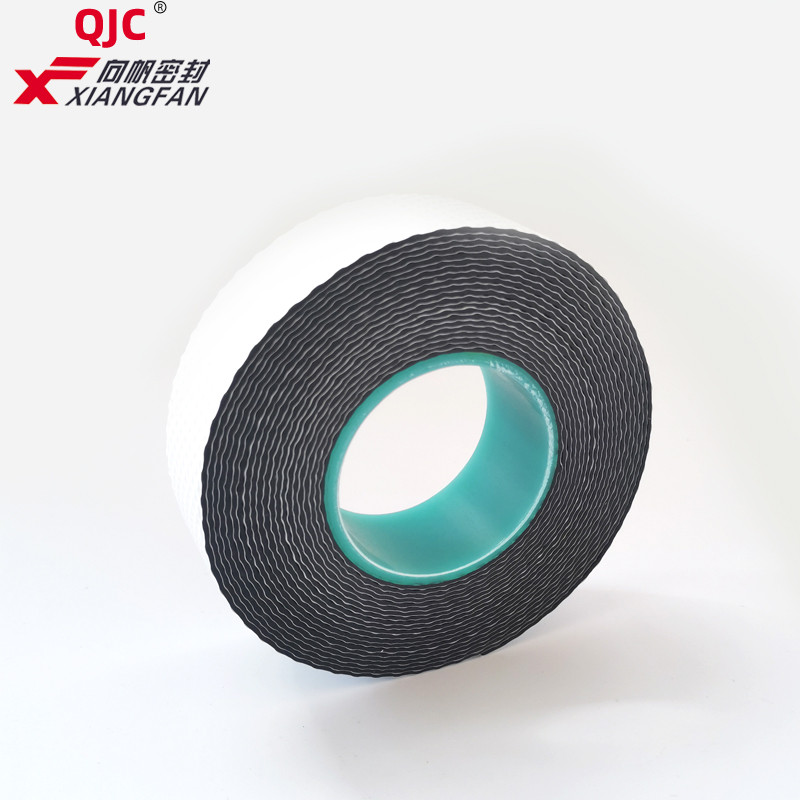The Versatility and Importance of Rubber Electrical Tape
Rubber electrical tape is an essential material widely used in various electrical applications. Its unique properties, including flexibility, insulation, and durability, make it a preferred choice for both professional electricians and DIY enthusiasts. Understanding its features and applications can help individuals appreciate its pivotal role in electrical projects.
One of the most significant advantages of rubber electrical tape is its excellent insulating properties. The tape is made from a rubber base that provides superior electrical resistance, preventing current leakage and protecting against short circuits. This characteristic is crucial in ensuring the safety and reliability of electrical systems. Whether used in high-voltage or low-voltage applications, rubber electrical tape serves as a reliable barrier against electrical shocks, making it indispensable for safe wiring practices.
Another notable feature of rubber electrical tape is its flexibility and conformability. It can easily stretch and wrap around irregular shapes, allowing for seamless functionality in various installations. This adaptability is particularly useful in completing complex wiring jobs and repairs in tight spaces. Moreover, the tape can withstand extreme temperatures, from sub-zero conditions to high heat, without losing its adhesive qualities or protective capabilities. This resilience makes rubber electrical tape suitable for both indoor and outdoor applications.
rubber electrical tape

The application of rubber electrical tape extends beyond simply insulating wires. It is commonly used for bundling wires, providing added strength and organization to electrical installations. Additionally, it can be employed to prevent corrosion and moisture ingress in exposed wiring and connections. Many electricians also use rubber electrical tape for splicing wires, where a strong, insulated bond is necessary to ensure continuity and safety in electrical circuits.
In recent years, the importance of rubber electrical tape has even transcended traditional electrical work. Its use has found its way into automotive applications, where it is employed to repair wiring harnesses and protect electrical components. The durability and moisture resistance of the tape make it ideal for withstanding the demanding conditions often found in vehicles. Moreover, it is also utilized in home improvement projects, providing excellent padding and protection for various tools and equipment.
When selecting rubber electrical tape, there are a few considerations to keep in mind. The tape comes in different thicknesses and widths, which can affect its performance in specific applications. It is also critical to ensure that the tape meets safety standards and certifications, particularly for high-voltage use.
In conclusion, rubber electrical tape is a versatile and vital component in the electrical toolkit. Its superior insulation properties, flexibility, and durability make it an essential material for ensuring safety and efficiency in various electrical applications. Whether one is a professional electrician or a DIY hobbyist, understanding the benefits and uses of rubber electrical tape can enhance the quality and safety of electrical work. As technology continues to evolve, the role of this simple yet effective tape remains crucial in the ever-expanding world of electrical applications.
-
XIANGFAN Rubber Tape-Ultimate Solutions for All Your Insulation NeedsNewsJun.24,2025
-
XIANGFAN Rubber Tape-Protection for Industrial and Residential ApplicationsNewsJun.24,2025
-
XIANGFAN Rubber Tape: Superior Safety and Sealing for Demanding EnvironmentsNewsJun.24,2025
-
XIANGFAN Rubber Tape: Reliable Solutions for Every Electrical ChallengeNewsJun.24,2025
-
XIANGFAN Electrical & Industrial Tape: Powering Reliability Across IndustriesNewsJun.24,2025
-
XIANGFAN Electrical & Industrial Tape: Excellence in Every ApplicationNewsJun.24,2025
